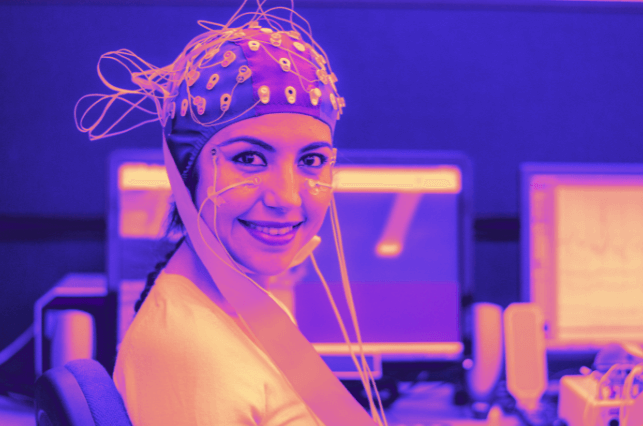Empathy
is the
New Radical.
Radical Empathy is not a state, it’s a practice, seeking to change things. Neuroscience shows it creates psychological safety — the ground of all success.
Radical empathy is a tool for psychological safety, because empathy builds bridges before anyone even notices the gaps.
We are designed for empathy. Mirror neurons activate both when we feel and when we witness another’s feeling. And these neural pathways can absolutely be trained.
Research shows leaders who cultivate empathy build stronger teams, more creativity, and higher resilience.
Google’s Project Aristotle showed psychological safety being the key factor of success. Harvard’s Linda Hill concluded leaders don’t generate innovation, they create the conditions for it.
Radical empathy is change in practice.
Why it matters
Radical empathy makes us… humans. (Even when it sometimes seems animals have more empathy than we do.)
Amid fractured societies, mental health crises, and climate breakdown, it offers a way to reconnect — by building trust, resilience, and the conditions for change.
Benefits
1.Stronger commitment – Employees (also: humans) who feel understood are more engaged and loyal.
2.Higher creativity – Empathy brings the voices to the table that normally stay silent.
3.Better retention – Trust keeps talent, fear pushes it away.
4.Resilience & wellbeing – Less burnout. Healthier teams.
5.Faster change – When it’s safe to speak, it’s easier to move.
Givens shows, empathy becomes radical when it is a practice — from vulnerability, to grounding, to openness, to action, and finally trust. With this path, empathy fosters a real change.
Sources: Givens 2020, Decety & Lamm, Nat Rev Neurosci (2006);
Derksen, Front Psychol (2017); Empathy in Leadership (2022);
Meechan et al., Work, Employment & Society (2022).
Radical Empathy sparks radical creativity. The most innovative teams share the same secret.
Based on the research*, the very top performing innovative teams have one thing in common.
1. They embrace empathy and safety. They build a culture around it.
2.They encourage for “What if” and “How”-questions.
Don’t we just feel better when we are seen as who we are? Proportionally surprised, cognitively tickled, and emotionally met?
*Sources: Hill, 2010; Leifer; Eris, 2002.


